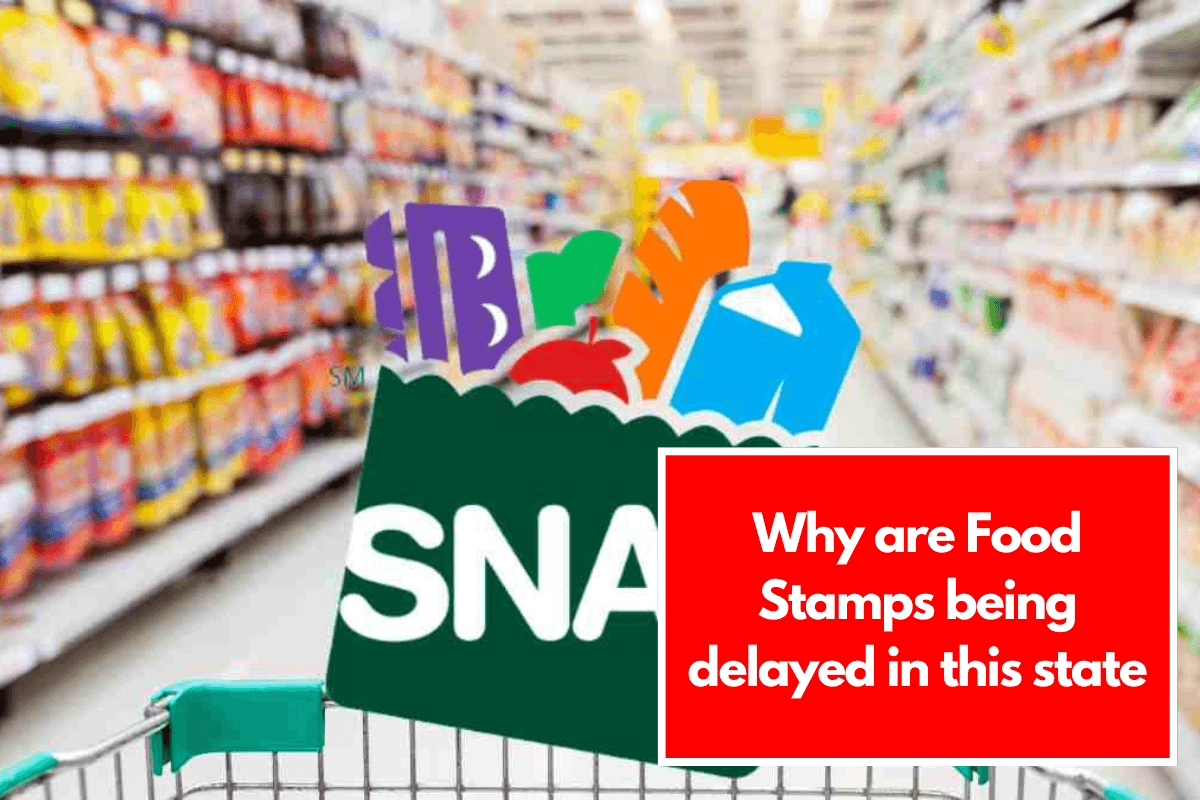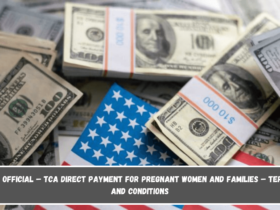The Alaska Department of Health is having a hard time getting Food Stamp applications processed quickly. This affects thousands of people across the state. People in the community and in the legal community are very worried about this ongoing problem because delays in food aid have been going on for years, making a lot of people frustrated and hard-pressed.
In Alaska, it’s not the first time that Food Stamp applications have been held up. New information from the states, shown as part of a class-action lawsuit led by the Northern Justice Project, clearly indicates that the issue is still not fully addressed. After years of delays that have hurt Alaskan families who depend on this help, the case wants to force the state to get these benefits to people right away.
Food Stamps problem that has been around for years
Nick Feronti, an attorney who is helping people who have been affected, talks about the Alaska Department of Public Assistance’s worrying pile of applications. The Supplemental Nutrition Assistance Program (SNAP), which most people know as Food Stamps, is run by this department for the federal government.
Feronti stresses that thousands of people are still waiting for the food aid they need, even though many efforts have been made to fix the problems. It is very important to him that these delays don’t just hurt people and families, but they also threaten the system’s credibility.
The severity of the problem is shown by the fact that more than 3,000 residents had been waiting more than a month for their food aid applications to be processed by the state in early September. In that month, only 63% of normal applications were processed on time. This was a big drop from May, when 87% of applications were processed on time.
Even so, this represents an improvement over March of the same year, when only 19% of applications were handled within the designated period.
A system in need of lasting solutions
Feronti notes that temporary efforts have improved the situation but have not addressed the root causes. “The data shows we still need long-term solutions,” he says, suggesting the state to go beyond bandages.
He says short-term fixes may help, but they don’t solve Alaska’s SNAP program’s underlying issues. A complete reform of the department’s methods and demand capacity is needed for long-term solutions.
In recent years, Alaska’s food aid program has struggled. The system is faltering due to staff shortages, antiquated technology, and rising demand.

Despite hiring staff and altering application processes, the state has made little progress. Feronti says these efforts don’t go far enough to ensure citizens get crucial benefits on time.
Alaska Department of Public Assistance head Deb Etheridge acknowledges the issue and the department’s continued efforts. Since 2023, Etheridge has worked to reduce processing times after inheriting a large backlog.
She stated that the delay-management team had been revived and expressed optimism that the department will resume processing within 30 days.
The reasons behind the new increase in applications
One of the main reasons behind the current backlog is the seasonal increase in applications. Etheridge noted that this time of year typically sees a higher volume of applications, which can overwhelm the department’s resources. Additionally, the department has reintroduced the interview process for applicants, which adds another layer to the processing time.
Although this interview process is intended to ensure accuracy and prevent fraud, it has led to further delays, compounding the existing challenges.
People who depend on Food Stamps to meet their basic nutritional needs are especially worried about this delay in handling their claims. Many Alaskans depend on Food Stamps to make ends meet, and if they can’t get their benefits, it can be very bad.
Beyond the immediate impact on food security, these delays can lead to increased stress and uncertainty for recipients.
The issue is worsening as winter approaches. Alaskans will wait for food aid for the third winter. These delays have prompted many families to locate other support or use food banks, which are already struggling. With few options, those affected are sometimes wondering when they will receive food aid for their family.
Feronti and the Northern Justice Project filed a lawsuit to permanently fix these delays. They believe the courts will hold the state accountable for timely Food Stamp access for the needy.
The legal team wants the courts to monitor the Alaska Department of Public Assistance until it improves. Feronti believes that accountability might motivate the state to make long-term improvements that benefit communities.











Leave a Reply